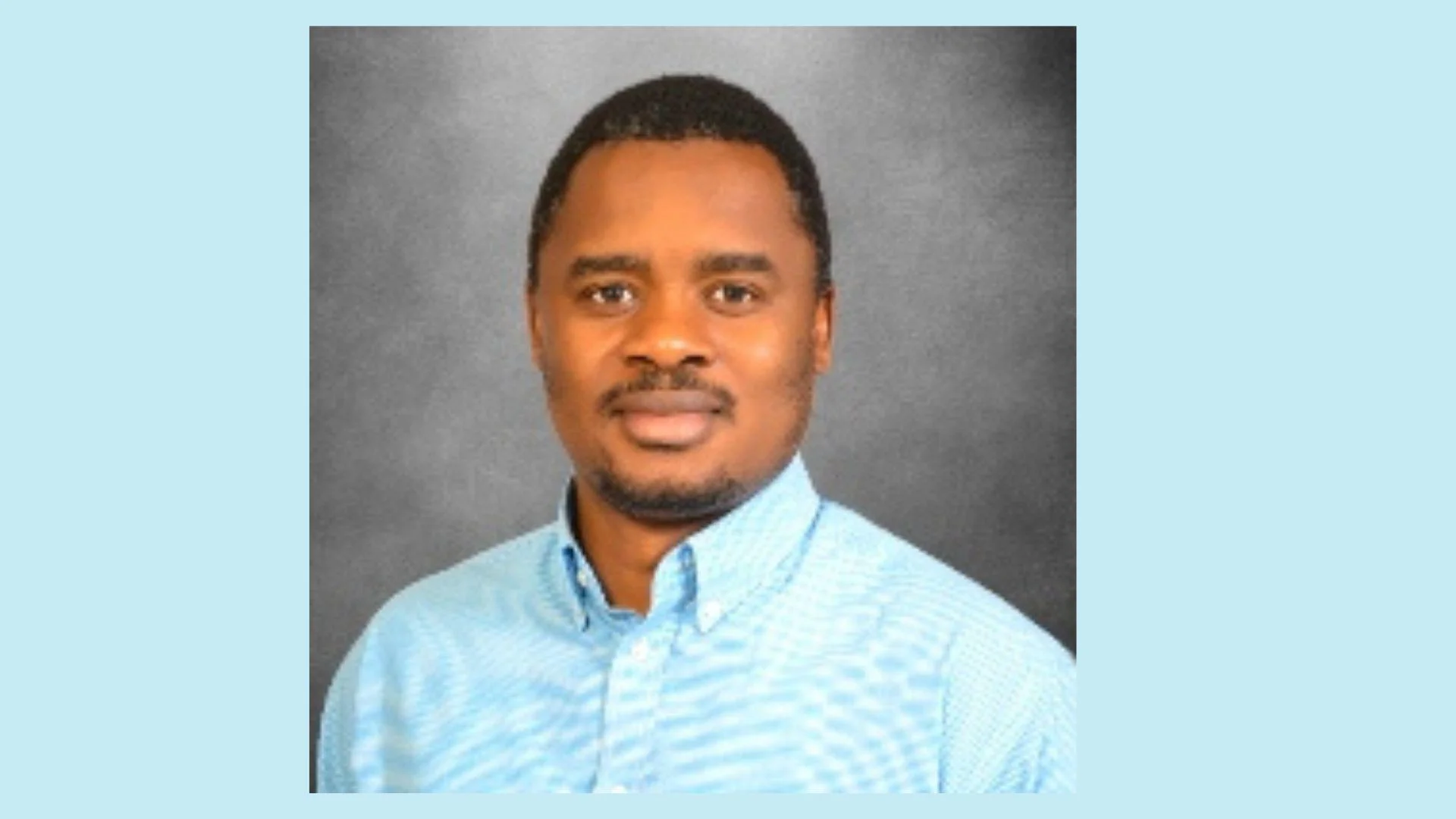Gedion Onyango

Policy with purpose

Gedion Onyango is a Senior Visiting Fellow at the LSE’s Firoz Lalji Institute for Africa. Gedion has more than a decade of teaching experience and student mentorship in Higher Education. He is also a senior research associate at the University of Johannesburg, South Africa, and an associate editor for the Evidence & Policy Journal. His areas of expertise includes African public policy, public administration, and technological transformations in Africa.
Can you please give us an introduction to your work and tell us why you wanted to study in this field?
I specialise in studying public policy processes and structural transformations in Africa. My passion for this field stems from my desire to contribute to the development of practical knowledge and scholarship that can aid African development. Historically, the African development agenda has relied heavily on external expertise and scholarship, and I hope to help change that.
Could you please tell us about your contribution to knowledge over the course of your career?
I have contributed to both academic and practitioner pathways. On the academic side, I have been teaching at universities for over a decade and have been part of an expanding group of scholars and international researchers who are interested in understanding policy issues in Africa. As a result, we have published high-quality edited volumes and research papers. On the practitioner side, I have been involved in public engagement activities with bureaucrats, diplomats, citizens, and other stakeholders. This has included engagement in briefings with different policy actors, media engagement, and consultations with various organisations and policy communities at different levels.
Why did you want to study public policy?
Understanding policy in Africa provides a localised, interdisciplinary, and decolonised approach to how state and politics work and how this impacts citizens, which has always appealed to me.
You edited a book called Governing Kenya: Public Policy in Theory and in Practice. What are the main differences between those two?
The theory of public policy concerns a broader and more general understanding of the discipline, while practice is focused on the practical and political circumstances that shape and influence policy inputs and outputs in a specific context or sector. This bookseeks to explore the intersection of theory and practice and their significance in comprehending public policy in Kenya. The book is highly relevant in understanding African public policy, which, in theory and practice, deviates from the conventional understanding of public policy in the Western world, showing that policy practice is a product of politics. The book demonstrates how this occurs using the Kenyan policy contexts.
What do you think the role of governance can be in improving people’s lives?
Governance involves engaging citizens and creating policies that prioritise their needs. It is very important to find models that leverage and maximise citizens' engagement and participation in public policy decision-making processes so that the state is responsive to their needs and desires.
What are the main challenges to good governance faced by Africa at the moment, and do you think those challenges are unique to Africa?
Weak regulatory systems, external policy agendas, challenges in resource allocation and public accountability, and a lack of political will at different levels of government are all common issues faced by modern states in the global South, particularly those in developing African countries. These challenges are more pronounced and easily identifiable in such countries, but not unique to the continent.
You are Afrobarometer’s co-National Investigator for Kenya, could you tell us more about that work?
Afrobarometer is the premier organisation that provides timely and insightful macro analyses on different governance and political issues in Africa. As a member of a local team, my primary responsibility is to guide, organise, and advise on the collection of data, the dissemination of this data, and its promotion in the region. My team and I collaborate with various stakeholders and policy actors to provide evidence that helps to inform policy decisions and practical solutions for different areas of interest. Afrobarometer conducts comprehensive national surveys on a range of subjects including environment and climate, leadership and governance, health, education, and social services.
What knowledge or insights have you gained from your research that you wish had known when you started?
Developing effective collaboration with industrial, civic, and government actors is vital to research and to seeing change.
What about your area of study do you wish more people knew?
Gender and Development. My interests in this area include women in politics, public administration, and organizational leadership.
I am also a poet, and a number of my poems focus more on social life, politics, and religion.
How has your background and ethnicity influenced your work?
My research agenda has been primarily influenced by my background and experience regarding the quality of government and the knowledge available to understand this state of affairs in my country and Africa.
If you had infinite time and resources what understudied area would you want to research and why?
How to integrate the traditional and modern state structures in Africa. A lot of the current neoliberal research concerning Africa has revolved around this dilemma with no practical solutions.
Which African Thinkers and/or books by African authors would you recommend people read?
Neo-Colonialism: The Last Stage of Imperialism by Kwame Nkrumah,
I also recommend works by Julius Nyerere, Ali Mazrui, Taban Lo Liyong’, Okot p’Bitek, Peter Ekeh and Mahmood Mamdani.